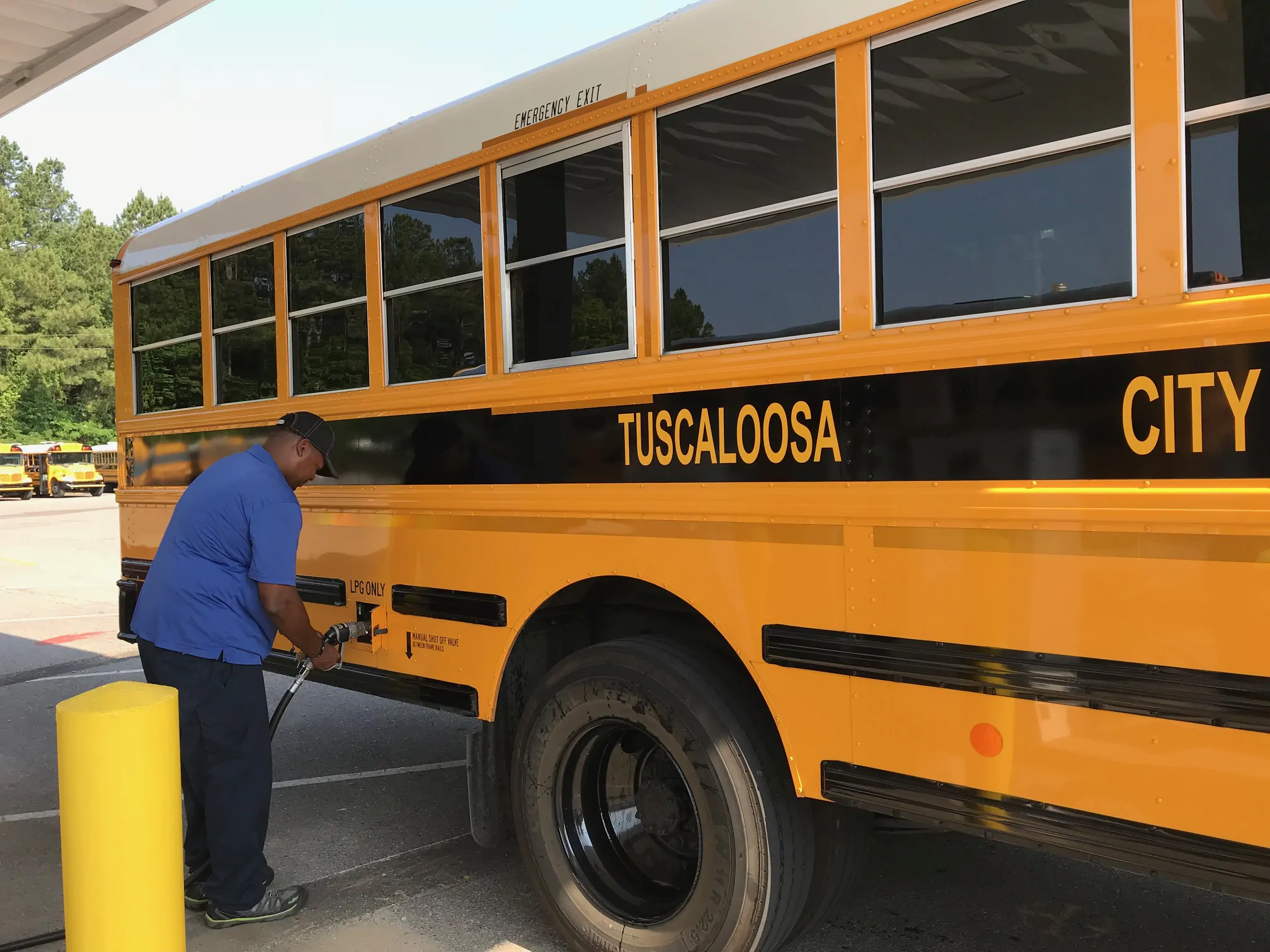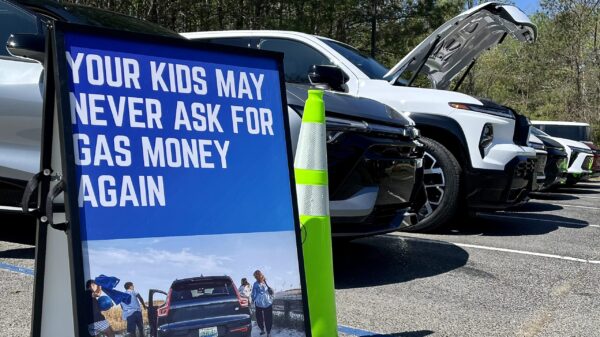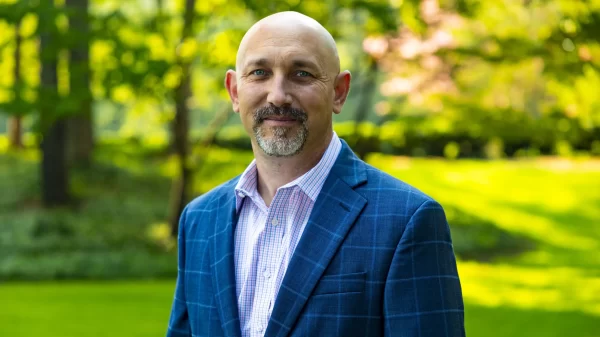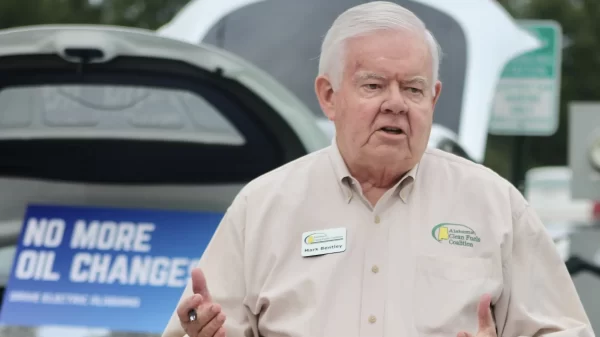As gas prices remain unstable, investing in alternative-fuel vehicles makes great economic sense – especially for managers who must meet budgets to manage large fleets. On July 18, advocates and leaders in the field will gather at the Bessemer campus of Lawson State Community College to share strategies and success stories.
The 2018 Propane “Autogas Answers” Workshop runs from 8 a.m. until 2 p.m., with lunch included. Workshop attendees will learn about the cost savings and environmental benefits of propane fuel, the available tax credits and incentives, how to prepare a cost-saving analysis for vehicle fleets, how a propane fueling station can be economically placed on site and much more.
“We have a great lineup of experts on propane Autogas who can share their knowledge and experience with people who may be considering shifting their fleets to propane Autogas,” said Mark Bentley, Executive Director of the Alabama Clean Fuels Coalition. “People who have to meet their budgets in a time of fuel price uncertainly will benefit from this seminar.
“Autogas is an economical, safe and clean domestic alternative transportation fuel that is powering many fleets in Alabama and across the nation. This educational event will be a wonderful opportunity to gain in-depth – and actionable – information about propane autogas.”
Workshop participant Casey Foster, Transportation Director for Birmingham City Schools, has ordered 12 new propane autogas buses that are scheduled to arrive this summer. “Over the next 10 years, our plan is to transition our fleet to be a propane fleet,” Foster said. “It’s a no-brainer for us. It was an easy sell for me in talking with the Board of Education when I showed them the numbers. It makes a lot of sense from a cost-savings standpoint.”
Foster pointed out auxiliary savings that come with propane autogas, including maintenance issues such as oil changes. “For one bus, over a 10-year time frame, you will save an estimated $29,183 on fuel and oil changes,” he said. “Aside from the lower cost of propane autogas, an oil change for a diesel-powered bus including all filters costs $231.61 per year. For a propane bus, it’s $78.25 per year. That alone is a $22,378.50 savings over 10 years when fueling with propane.
“It also looks good going to green energy,” Foster said. “Propane is clean fuel.”
Discussion at the workshop also will include how the $25.5 million Volkswagen settlement for Alabama may impact propane, and there will be opportunities to ride and drive auto-gas-fueled vehicles.
There is a $20 registration fee, which includes materials and lunch. To register, visit bit.ly/JulyAutogasAnswers and for more information, visit AlabamaCleanFuels.org.
About the Alabama Clean Fuels Coalition:
Alabama Clean Fuels Coalition, a nonprofit membership-based organization, is the state’s principal coordinating point for alternative fuels and a member of the U.S. Department of Energy’s Clean Cities program. The promotion of clean, renewable, domestic energy sources helps reduce our dependence on foreign oil, improves local air quality and increases economic development opportunities in our local communities. For more information, please visit www.AlabamaCleanFuels.org or call 205-402-2755.



















































